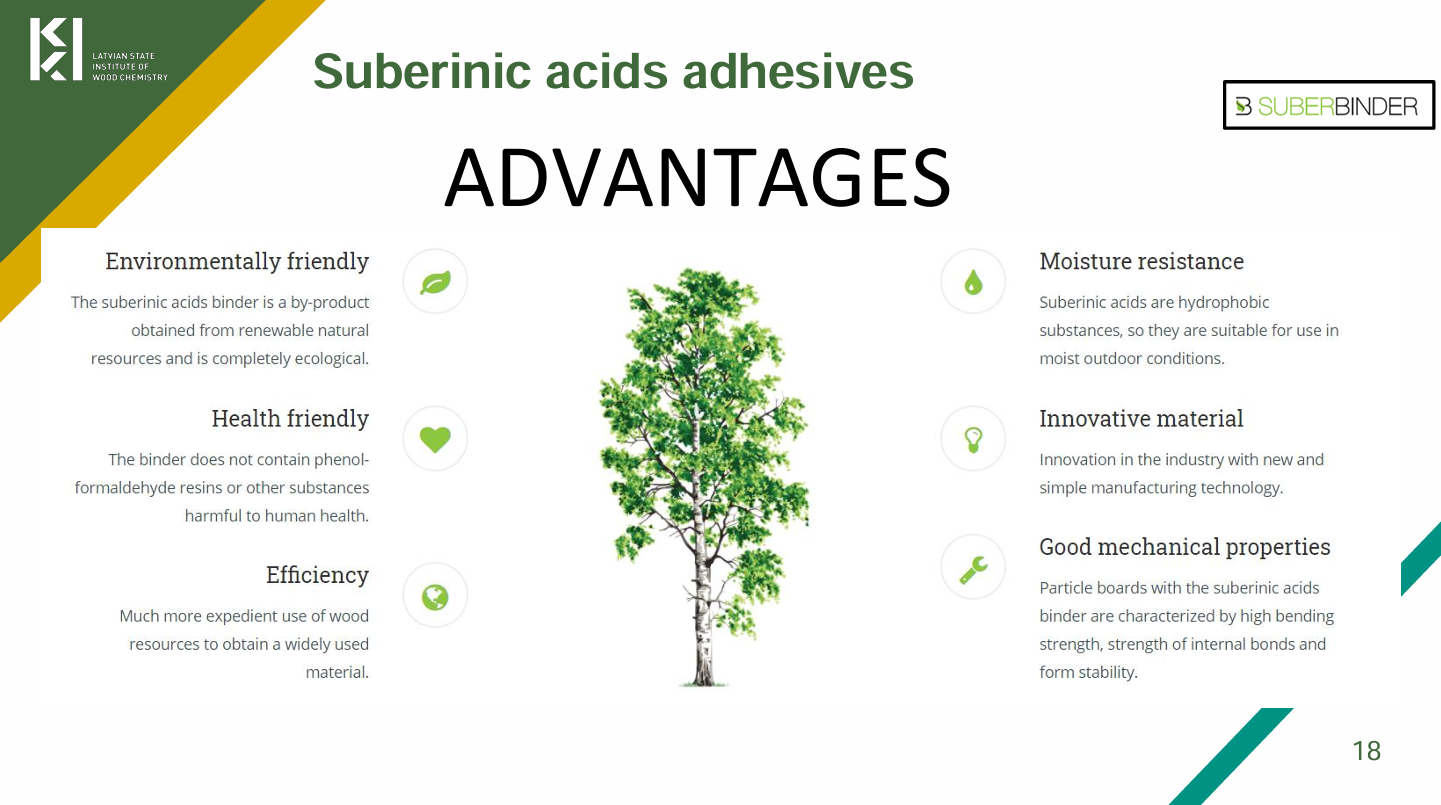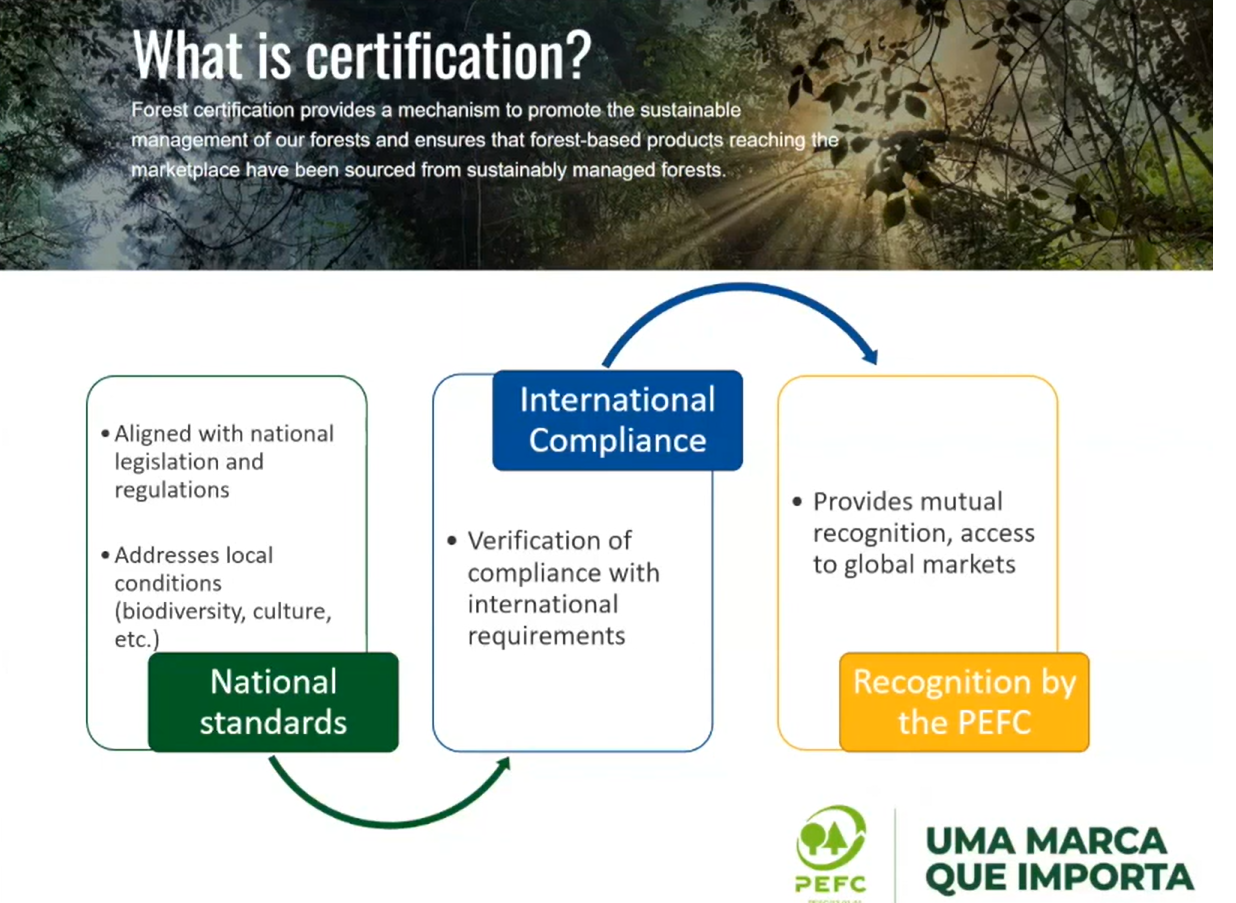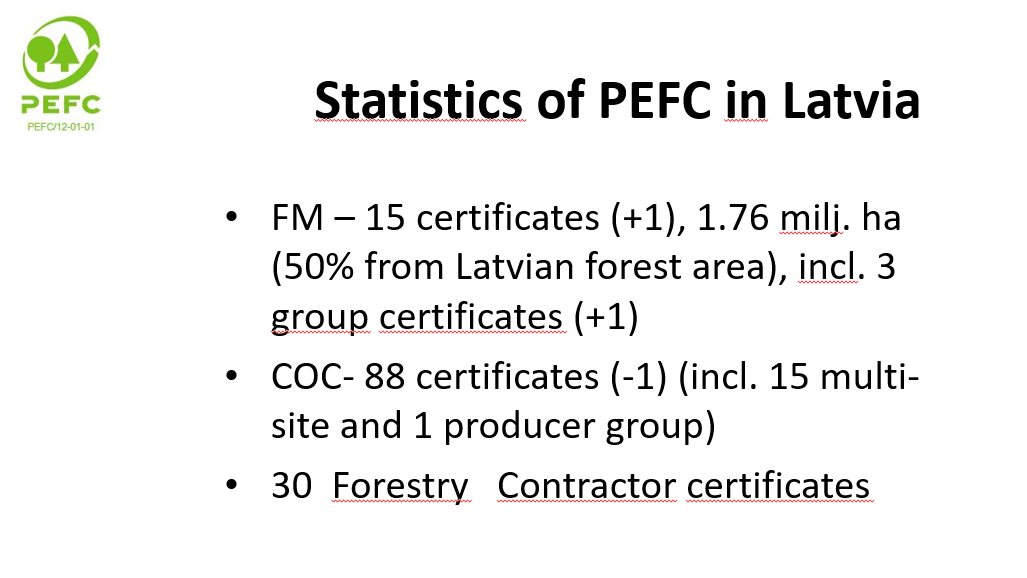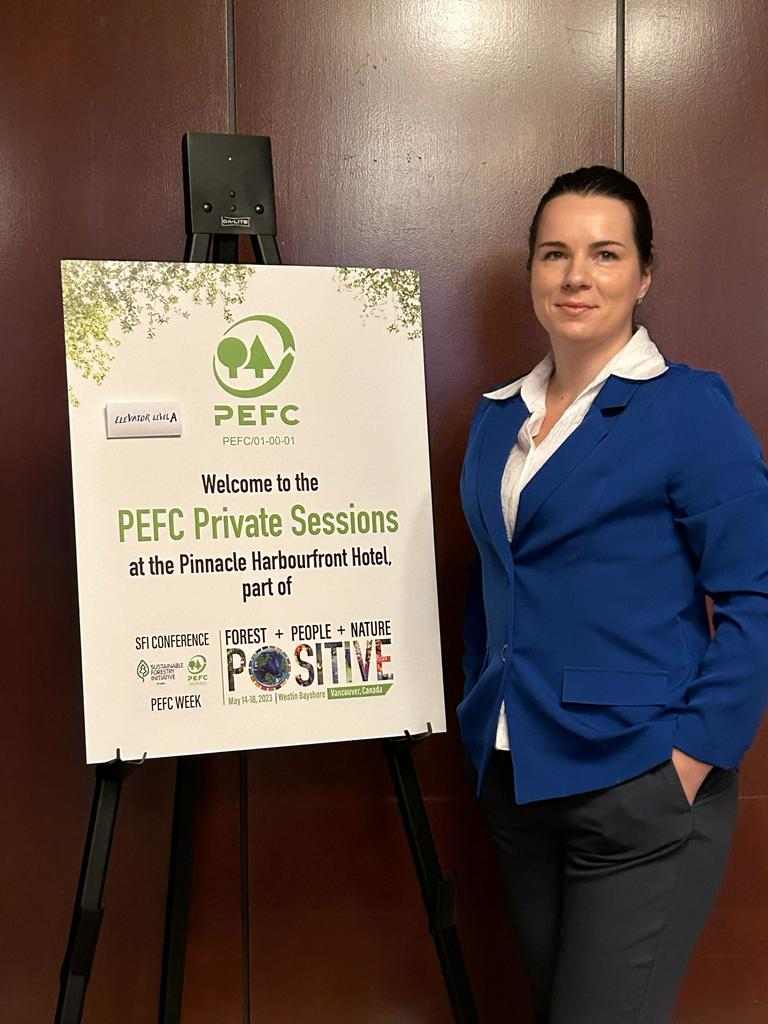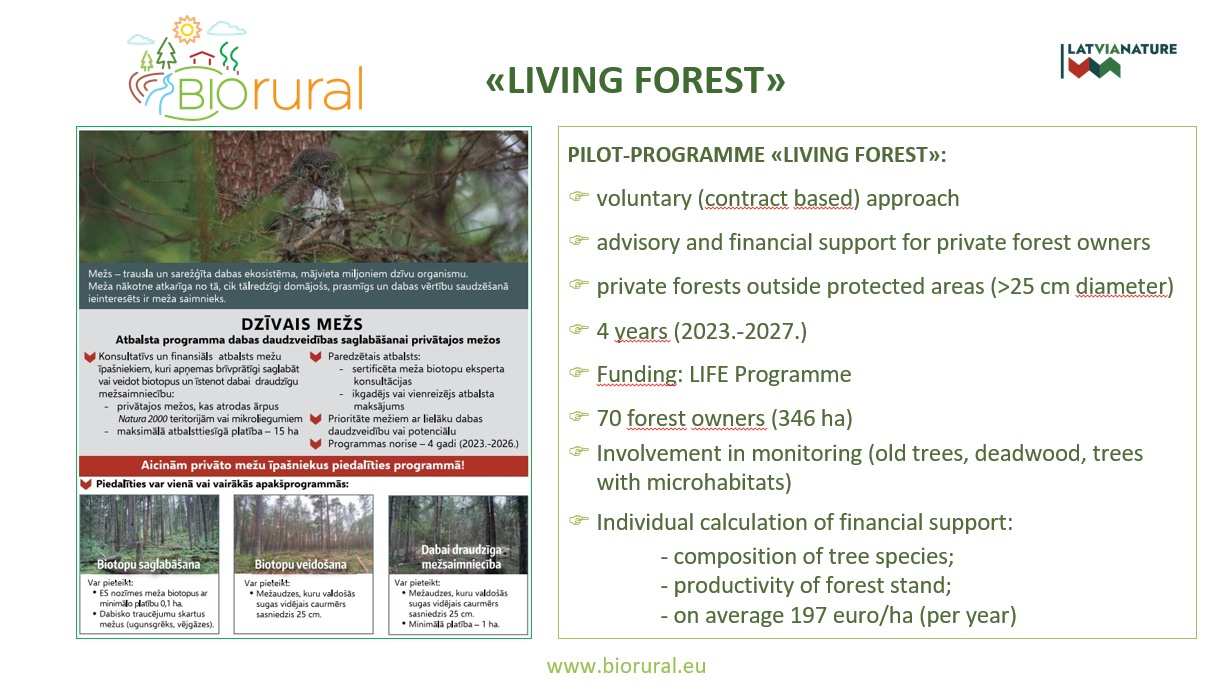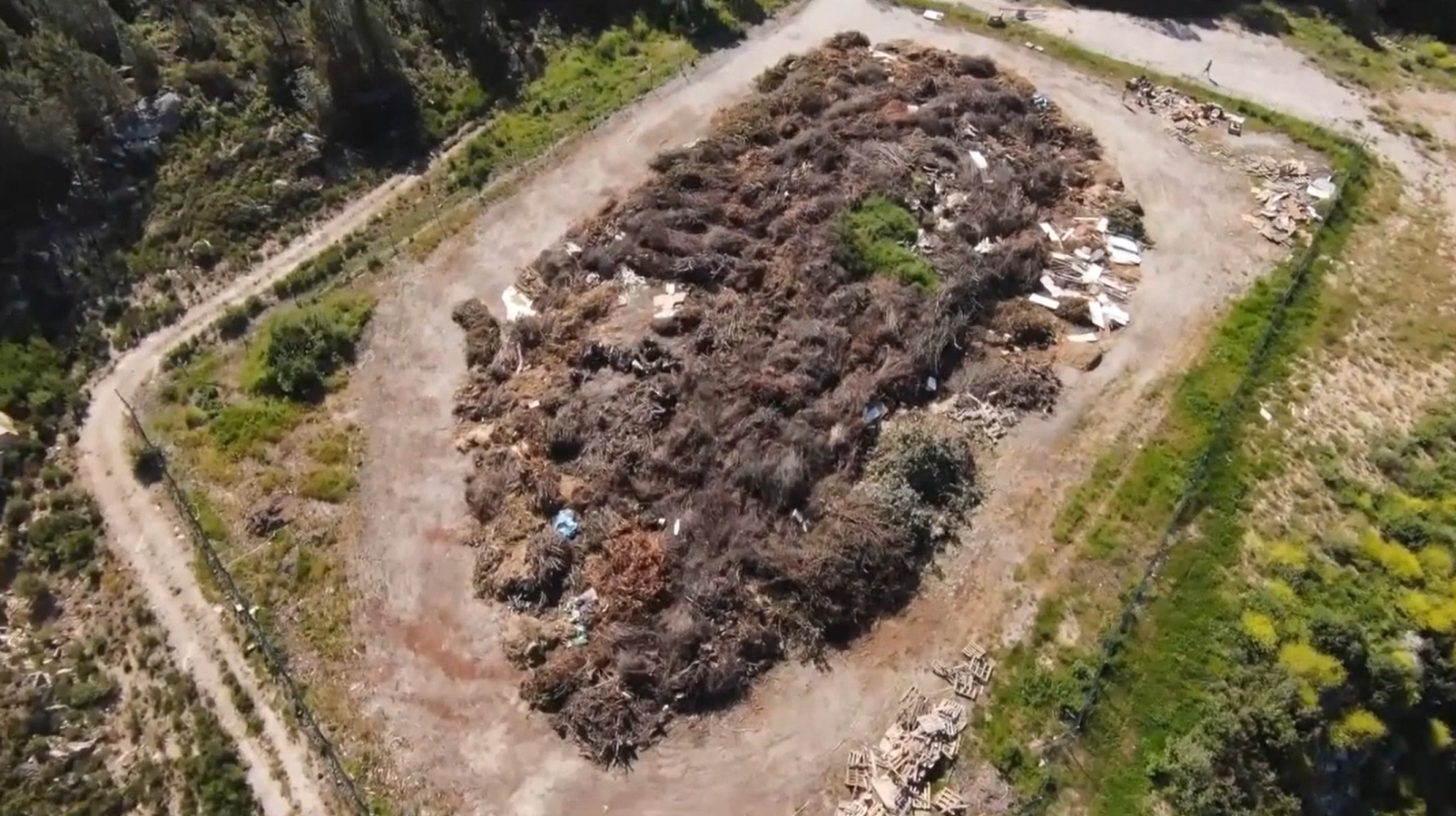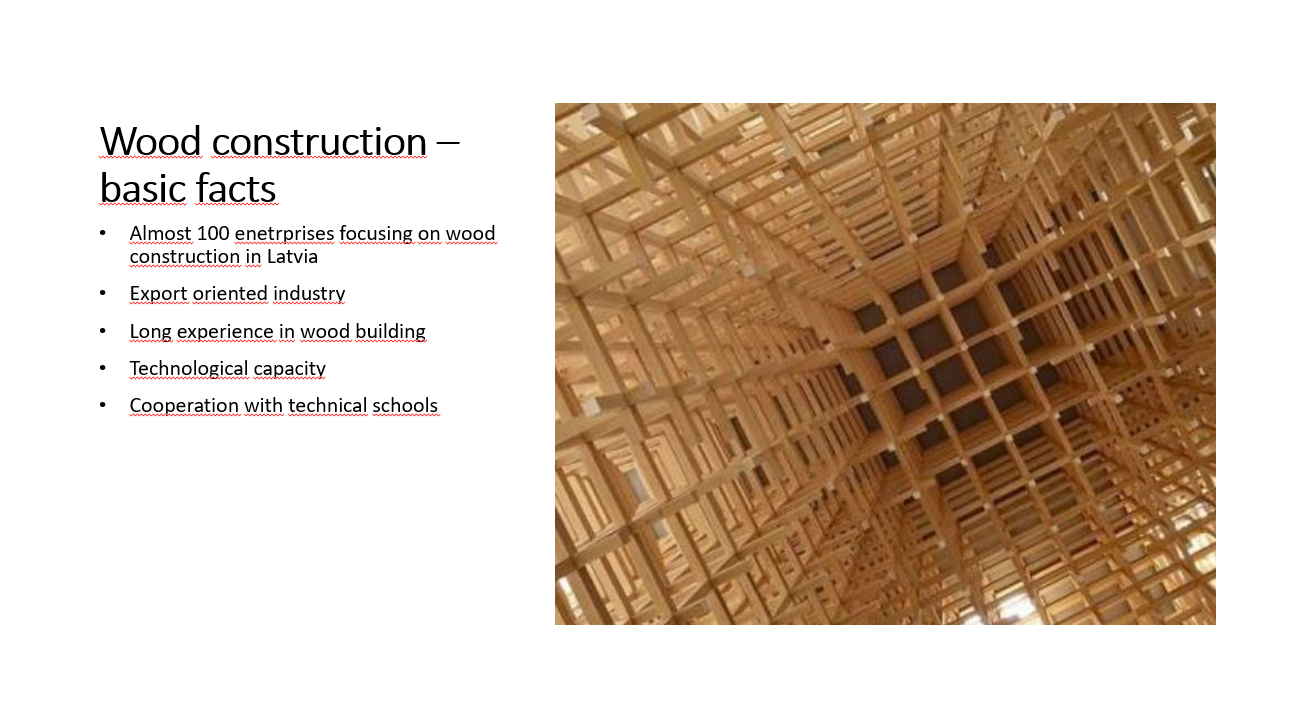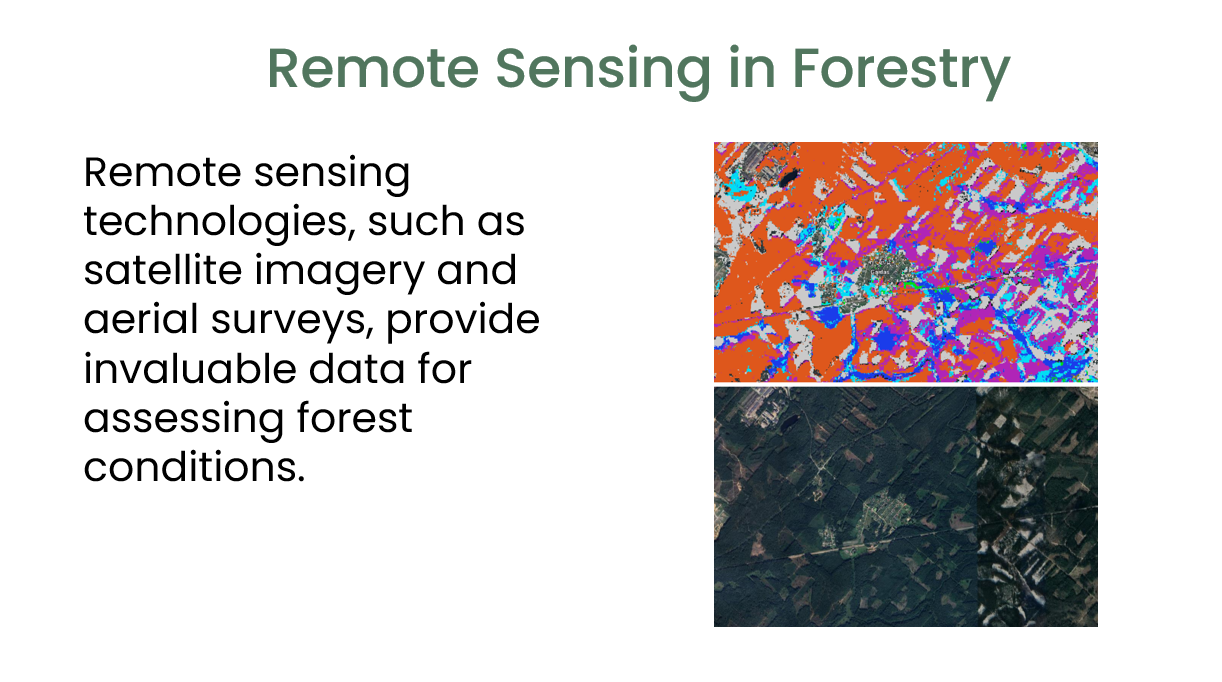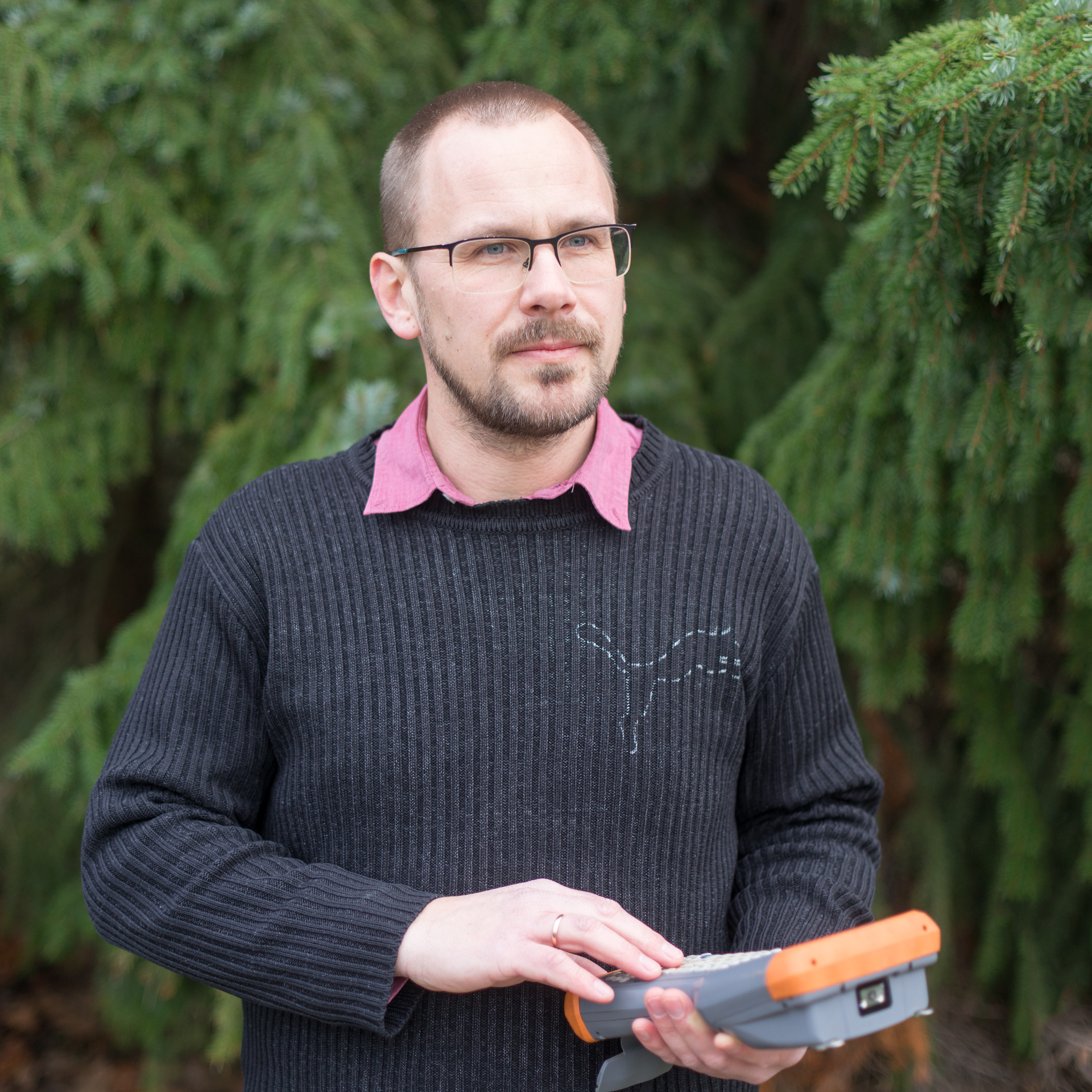In the presentation “Birch Bark Extractives and Their Potential” by Jānis Rižikovs, the focus is on exploring the various applications and benefits of birch bark extractives, particularly betulin and suberin. The Latvian State Institute of Wood Chemistry, where the research is conducted, aims to develop environmentally friendly technologies for utilizing wood and plant biomass sustainably, contributing to economic, social, and ecological benefits. Birch bark, sourced from silver birch and downy birch trees, is a valuable resource used in furniture, pulp, and plywood production. It comprises extractives such as betulin and suberin, offering numerous beneficial properties. Betulin, a major component of birch bark extractives, exhibits various biological activities, making it suitable for applications in cosmetics, pharmaceuticals, and even cancer research. Suberin, another important extractive, possesses unique properties suitable for adhesive, coating, and polymer applications. Its renewable and eco-friendly nature makes it an attractive alternative to conventional additives. Experimental procedures involve fractionation and purification techniques to isolate specific components of birch bark extractives for further analysis and application development. The potential applications of suberinic acids extend to diverse industries, including cosmetics, bio-polymer production, organic synthesis, and eco-friendly construction materials. Despite challenges such as high viscosity and heterogeneous composition, efforts are underway to optimize extraction and processing techniques to maximize the utilization of birch bark extractives. The presentation underscores the value of interdisciplinary collaboration, research infrastructure, and industry partnerships in realizing the full potential of birch bark extractives for sustainable and innovative product development.

